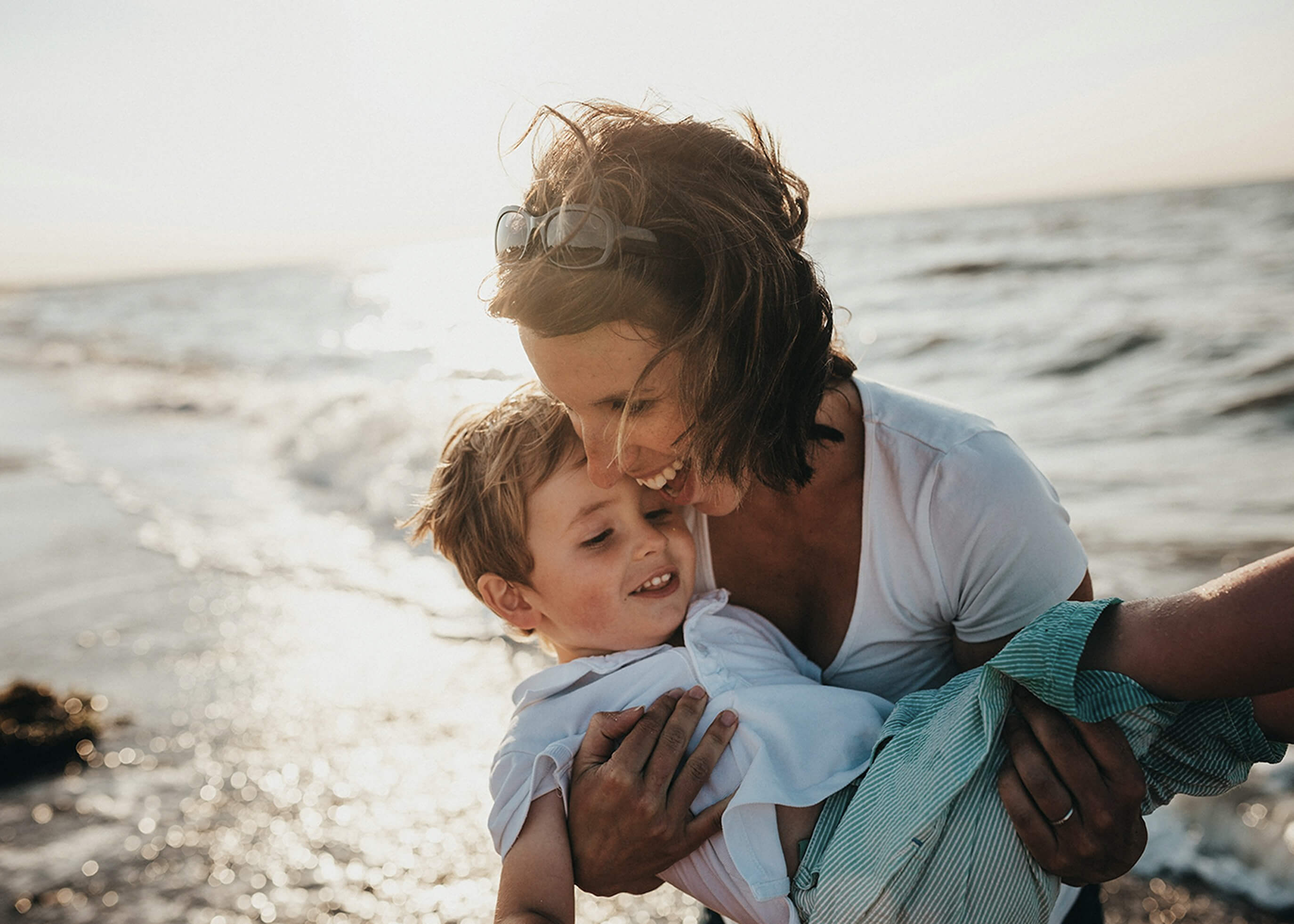Mosquito Bites: Causes, Symptoms, and How to Stay Safe

What Are Mosquitoes?
Mosquitoes are small flying insects found in almost every part of the world, but they thrive in warm, humid environments, making tropical countries their favourite habitat. These insects feed on human blood, and their bites can result in itching, swelling, and, in some cases, serious health concerns.
A mosquito bite itself is usually painless, but the aftermath can be bothersome. In certain parts of the world, mosquitoes can also spread dangerous diseases, such as malaria or dengue fever, by transferring infected blood from one person to another.

What Happens When You Get a Mosquito Bite?
Mosquito bites are common, and for most people, the symptoms are mild. The first sign of a bite is often an itchy red bump on the skin.
Physical Symptoms of Mosquito Bites
Itching
The most noticeable and irritating symptom.
Redness and swelling
Sometimes the bite area becomes inflamed.
Severe reactions (less common)
- Large areas of swelling
- Hives or raised, itchy rashes.
- Swollen lymph nodes.
People with weakened immune systems or children may experience more pronounced reactions to mosquito bites.
If you notice redness spreading beyond the bite area, develop a fever, or experience other unusual symptoms, it’s important to seek medical advice.

Diseases Spread by Mosquitoes
Mosquitoes are notorious for spreading life-threatening illnesses, particularly in tropical and subtropical regions. The most common mosquito-borne diseases include:
- Malaria: Causes fever, chills, and flu-like symptoms.
- Dengue fever: Leads to high fever, severe headaches, and muscle pain.
- Zika virus: Linked to birth defects during pregnancy.
- Chikungunya: Causes joint pain and fever.
- Yellow fever: Can result in fever, nausea, and liver damage.
- Japanese encephalitis: Affects the brain and can cause inflammation.
These diseases are not naturally occurring in the UK, but you may be at risk if you travel abroad, particularly to tropical countries.
How Can Mosquito Bites Be Treated?
Most mosquito bites don’t require medical attention and improve on their own. However, you can relieve the symptoms with these steps:
- Apply a cold compress: Use a cold, damp cloth or an ice pack to reduce swelling and itching.
- Use over-the-counter treatments: Hydrocortisone cream or antihistamine creams can help soothe the irritation.
- Take antihistamine tablets: These can reduce the allergic response and ease itching.
- Resist scratching: Scratching can worsen the itch and increase the risk of infection.
If the bite becomes infected or your symptoms worsen, a doctor may prescribe stronger treatments, such as steroid tablets or antibiotics.
When Are Mosquitoes Most Active?
Mosquitoes tend to be most active in warm, damp environments, particularly near stagnant water, where they lay their eggs.
How to Protect Yourself from Mosquito Bites
- Use insect repellent: Look for a repellent containing 50% DEET for maximum effectiveness.
- Install mosquito screens: Fit them on windows and doors to keep mosquitoes out.
- Sleep under a mosquito net: This is especially important in areas where malaria or dengue is prevalent.
- Wear protective clothing: Long, loose clothing can reduce the chance of being bitten.
- Reduce standing water: Empty any containers or clean areas where water can collect, such as ponds or plant pots.
Do You Need Malaria Tablets?
If you’re travelling to a high-risk malaria area, you may need to take malaria prevention tablets. Risk levels vary depending on the country and type of travel. For example, rural areas and jungle treks may carry a higher risk than city centres or beach resorts.
Even if you’re taking malaria tablets, it’s crucial to follow all bite-prevention measures. The mosquitoes that spread malaria are most active between dusk and dawn, so be extra cautious at night.